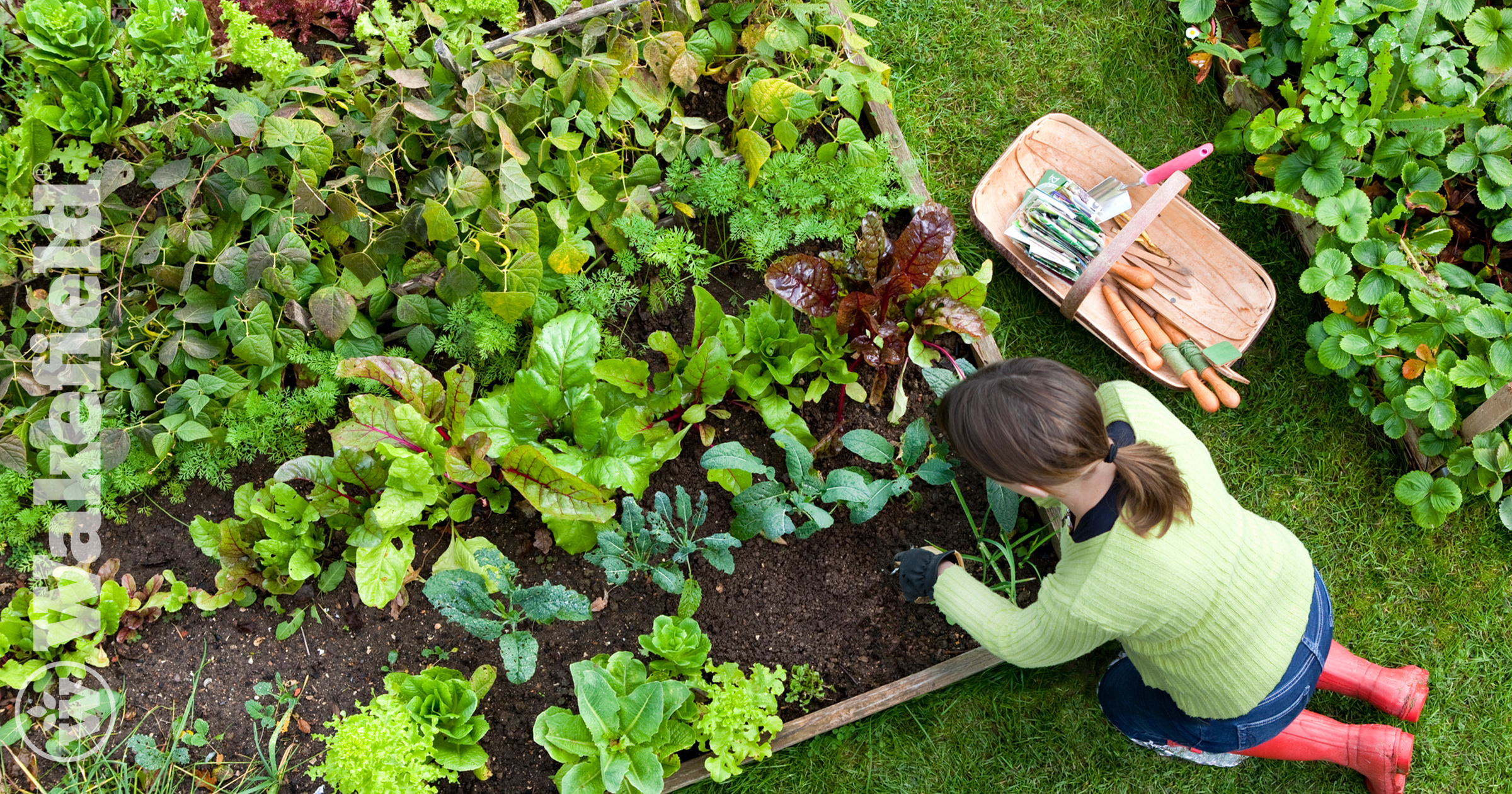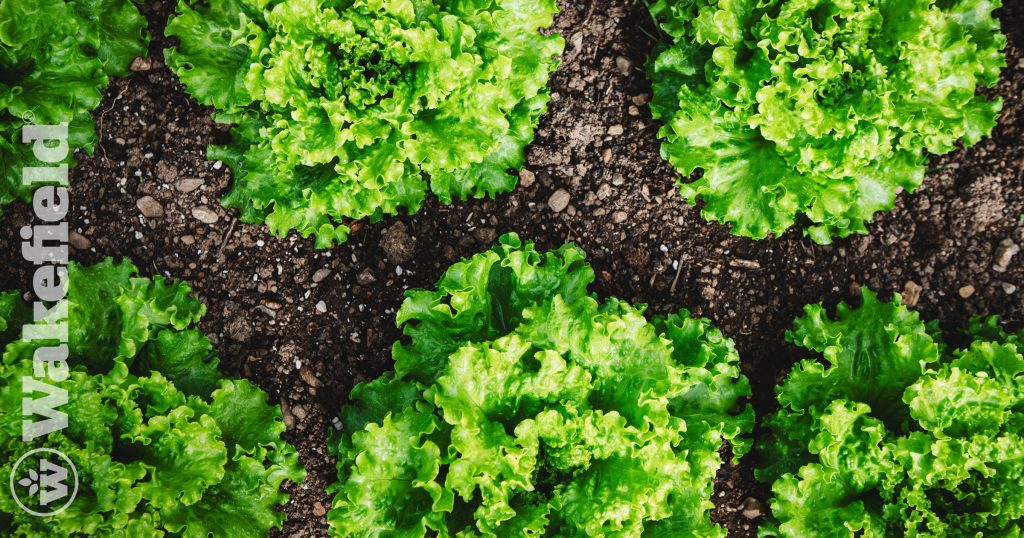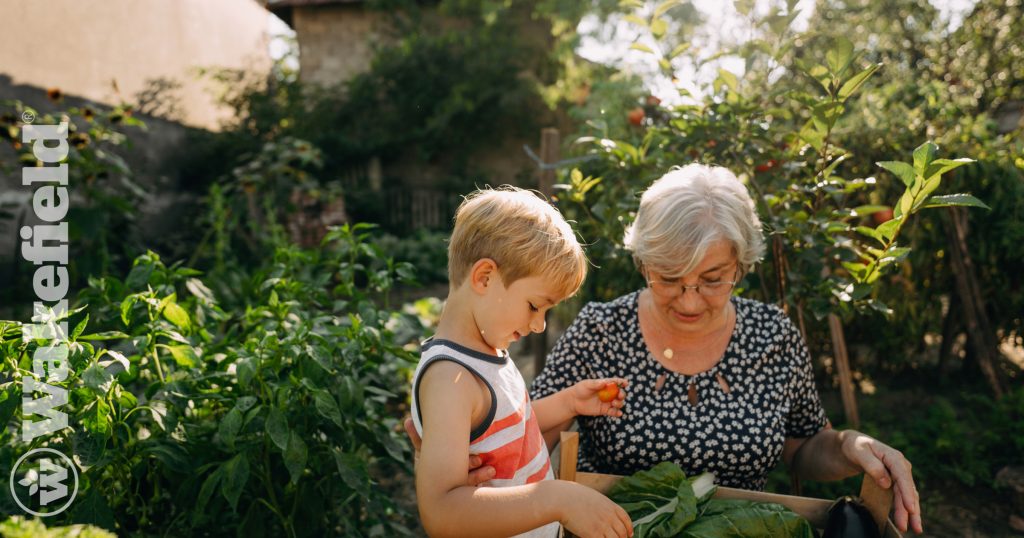Can Biochar Be Reused?

Biochar’s durability makes it ideal for multiple applications. Its porous structure enables it to be repurposed easily. After the first use—whether it filters water, absorbs pollutants, or boosts soil health—you can apply biochar again to soil. It continues to enhance soil fertility, retain moisture, and support beneficial microbes, driving a circular system where nothing gets wasted.
Reusing biochar supports a circular economy, maximizing resources for long-term sustainability.
Biochar in Construction
One exciting, growing field for biochar reuse lies in construction. Biochar works as an excellent additive to materials like concrete, asphalt, and insulation. Adding biochar to concrete enhances its thermal properties, reducing the need for energy-intensive heating and cooling. This shift saves energy and shrinks your carbon footprint.
Biochar’s ability to sequester carbon takes it a step further. When you integrate biochar into building materials, it locks away carbon dioxide, cutting the environmental impact of construction. In road construction, biochar strengthens asphalt while minimizing ecological harm.
By reusing biochar in construction, we can create greener, more sustainable infrastructure, expanding its role far beyond agriculture.
Agricultural Reuse of Biochar
Biochar already transforms soil health in agriculture, but its reusability amplifies its value. After completing one task, you can apply biochar to the same soil or move it elsewhere. It continues improving soil structure, retaining water, and fostering healthy microbial activity. With biochar, farmers reduce their reliance on chemical fertilizers and improve crop yields over time.
Biochar’s long-lasting benefits make it a cost-effective, eco-friendly solution for sustainable farming practices.
Wakefield BioChar’s Drive for Sustainability
At Wakefield BioChar, sustainability drives every decision we make. We push for biochar reuse across industries, from agriculture to construction, to maximize the material’s potential. By promoting innovative reuse practices, we actively contribute to a circular economy focused on resource efficiency and environmental responsibility.
We also support research and development to uncover new biochar applications, ensuring that it continues to deliver value for generations to come.
The Bottom Line
Can you reuse biochar? Absolutely! Whether enriching soil, filtering water, or strengthening building materials, biochar offers long-term advantages that help drive a more sustainable future. Wakefield BioChar proudly leads this movement, maximizing the power of biochar reuse to create a healthier planet.







